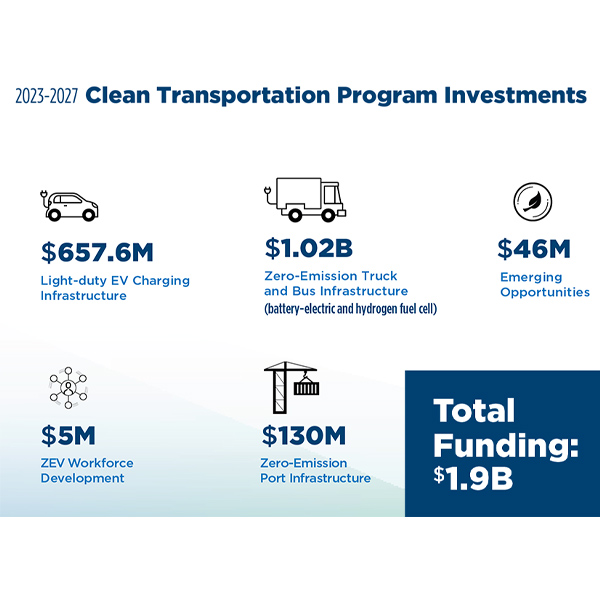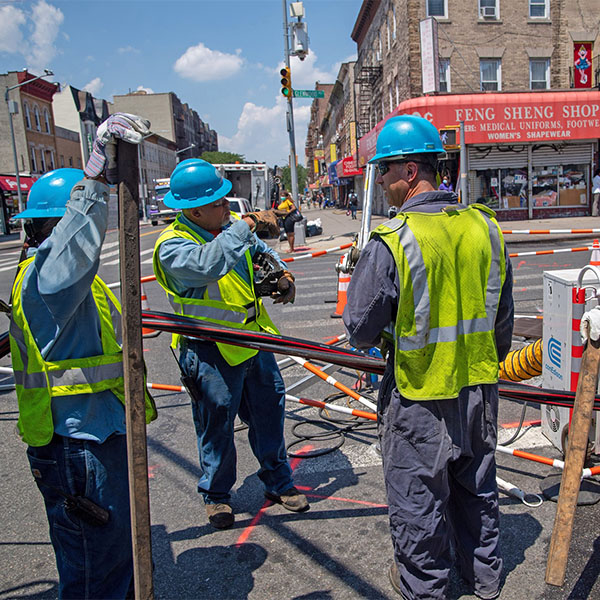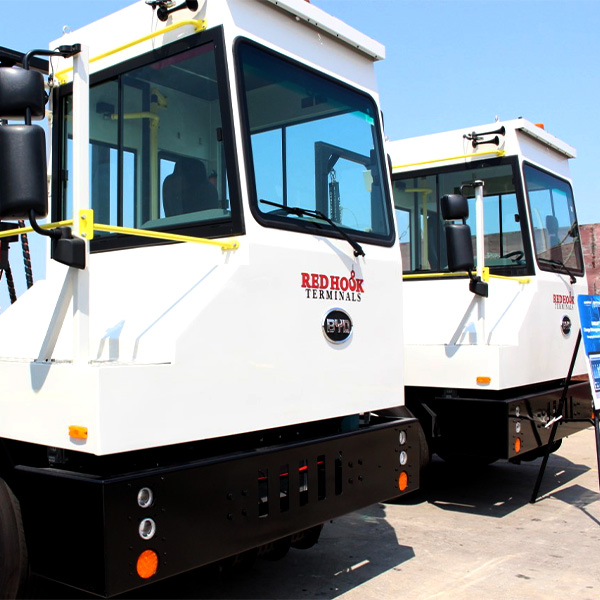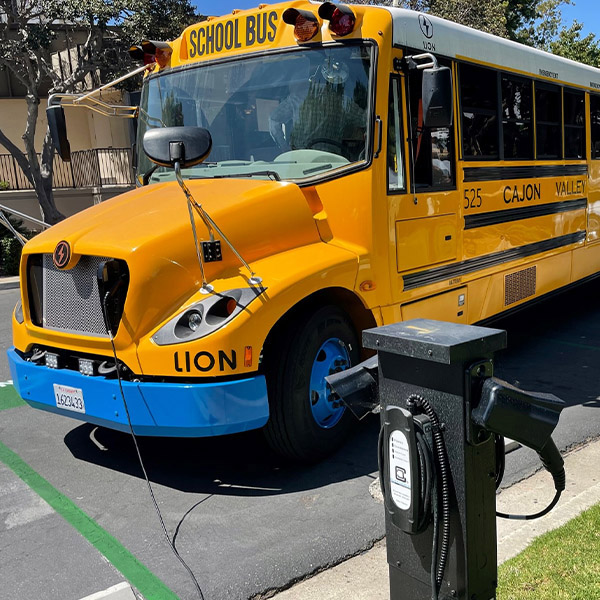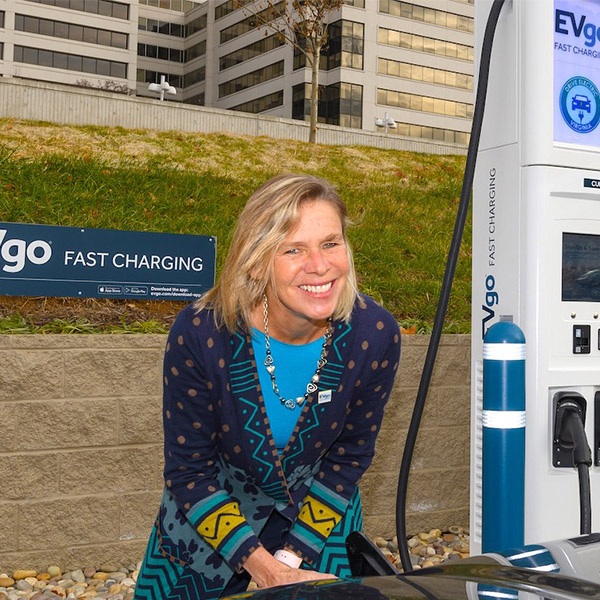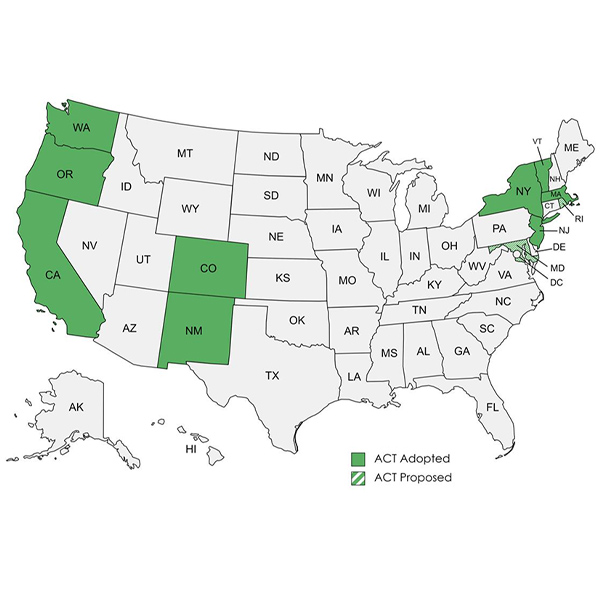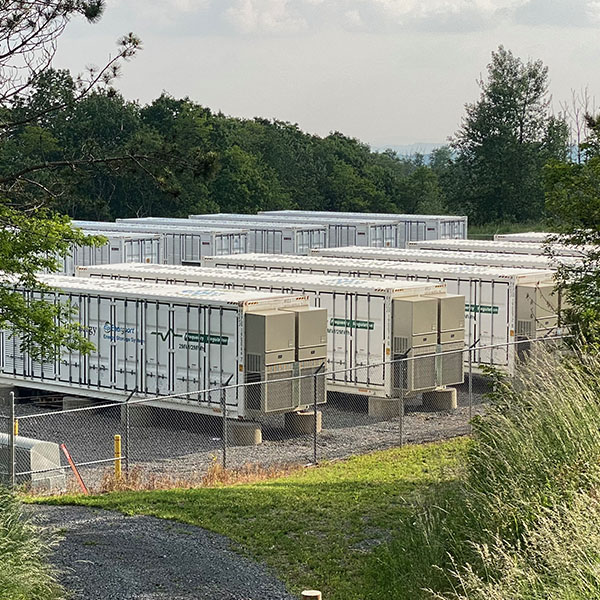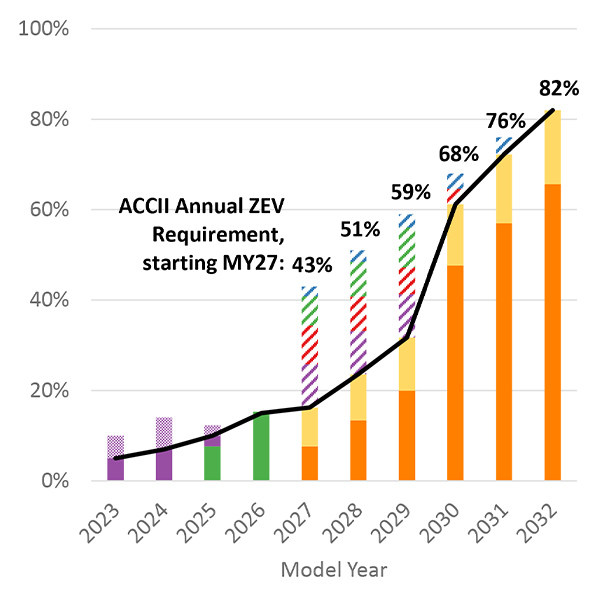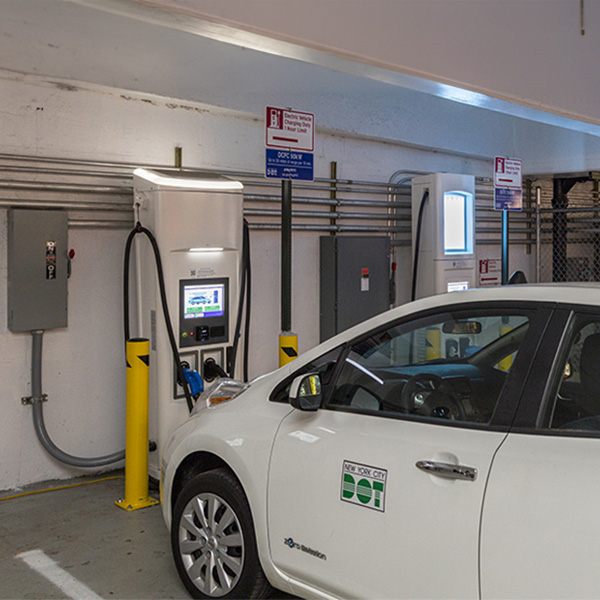Heavy-duty vehicles
The California Energy Commission approved a plan for spending $1.85 billion over the next four years to expand zero-emission vehicle infrastructure across the state.
Consolidated Edison has been cleared to undertake another major system upgrade to meet growing electricity demand in New York City.
EPA awarded $965 million in grants to purchase almost 2,700 electric school buses, the second funding round in the agency’s $5 billion Clean School Bus Program.
Maryland became the 10th state to adopt the Advanced Clean Trucks rule, which sets targets for the delivery of zero-emissions medium- and heavy-duty vehicles that gradually increase every year.
New Jersey would allocate $15 million from the current state budget for the first year of the state’s electric school bus program.
Charging company EVgo has yet to earn a profit. But Cathy Zoi, who headed the company for six years, is bullish on the industry’s future.
CARB is exploring whether zero-emission truck credits that manufacturers earn under the Advanced Clean Trucks regulation should be transferable among states.
The Connecticut Department of Energy and Environmental Protection issued a request for information regarding energy storage for diesel vehicles.
New Mexico regulators adopted zero-emission requirements for cars and trucks in a move that proponents say will improve air quality, fight climate change and increase consumers’ choice of vehicles.
New York regulators approved a big increase in EV infrastructure spending, seeking to catch up with the state’s ambitious deployment targets.
Want more? Advanced Search
